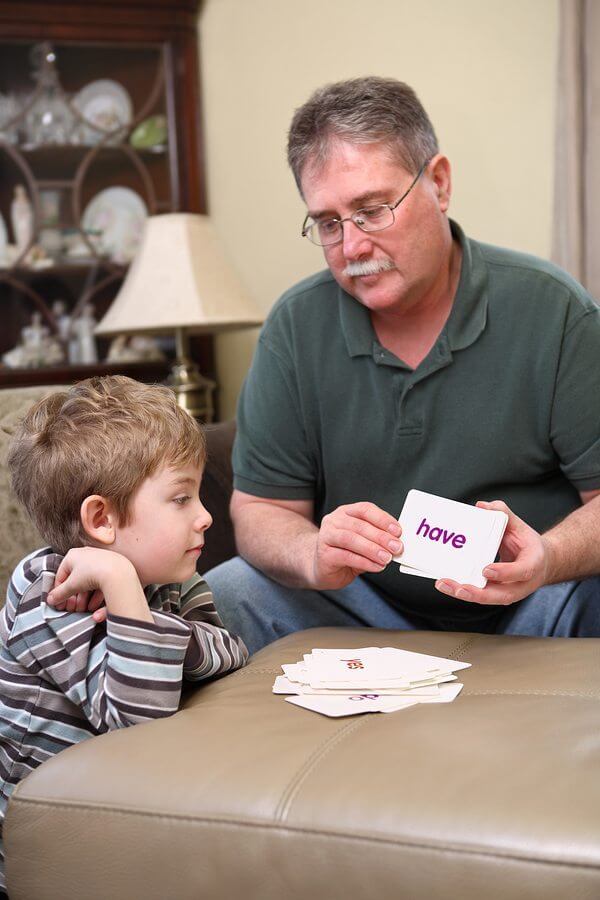
Repetitive Training Not Helping Children With Autism
I’ve written about the difficulties I have had getting my own children to recognize and use washrooms that are not the ones from our home. It can be a real challenge for a child with autism because there is a tendency to represent, understand, and remember things in an extremely specific way.
This tendency towards specific or inflexible learning is called hyper-specificity, and is the subject of a new new study published in Nature Neuroscience . This study found that repetitive training, which is widely used in intervention and education for people with autism spectrum disorder (ASD), hinders the learning process by promoting further inflexibility.
Individuals with ASD develop hyper-specificity of learning, where their learning becomes fixed and inflexible – when learning tasks are repeated over and over.
“In follow-up experiments, this hyper-specificity in learning with repetition in individuals with ASD was eliminated when repetition in learning was reduced.”
“Our conclusion is that breaks in repetition allow the visual system some time to rest and allow autistic individuals to learn efficiently and to then generalize,” study investigator David Heeger, PhD, of the Center for Neural Science, New York University, in New York City, said in a statement. “Repeated stimulation leads to sensory adaptation, which interferes with learning and makes learning specific to the adapted conditions. Without adaptation, learning is more efficient and can be generalized,” he noted.
This quite groundbreaking research mostly pertains to those with lower cognitive ability with whom repetitive trials of picture stimuli are a common learning intervention. This is important information for educators and therapists to have in order to adjust their teaching methods to include new stimuli and approaches. Even though it might create some initial stress or anxiety in the child, this new research shows that giving your children with ASD a wide variety of experiences, tastes, and learning tools is going to help them in the long run.
Editorial Policy: Autism Awareness Centre believes that education is the key to success in assisting individuals who have autism and related disorders. Autism Awareness Centre’s mission is to ensure our extensive autism resource selection features the newest titles available in North America. Note that the information contained on this web site should not be used as a substitute for medical care and advice.
